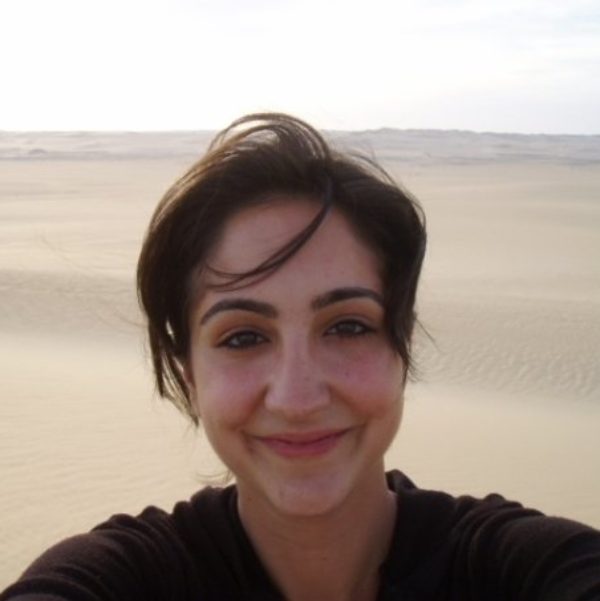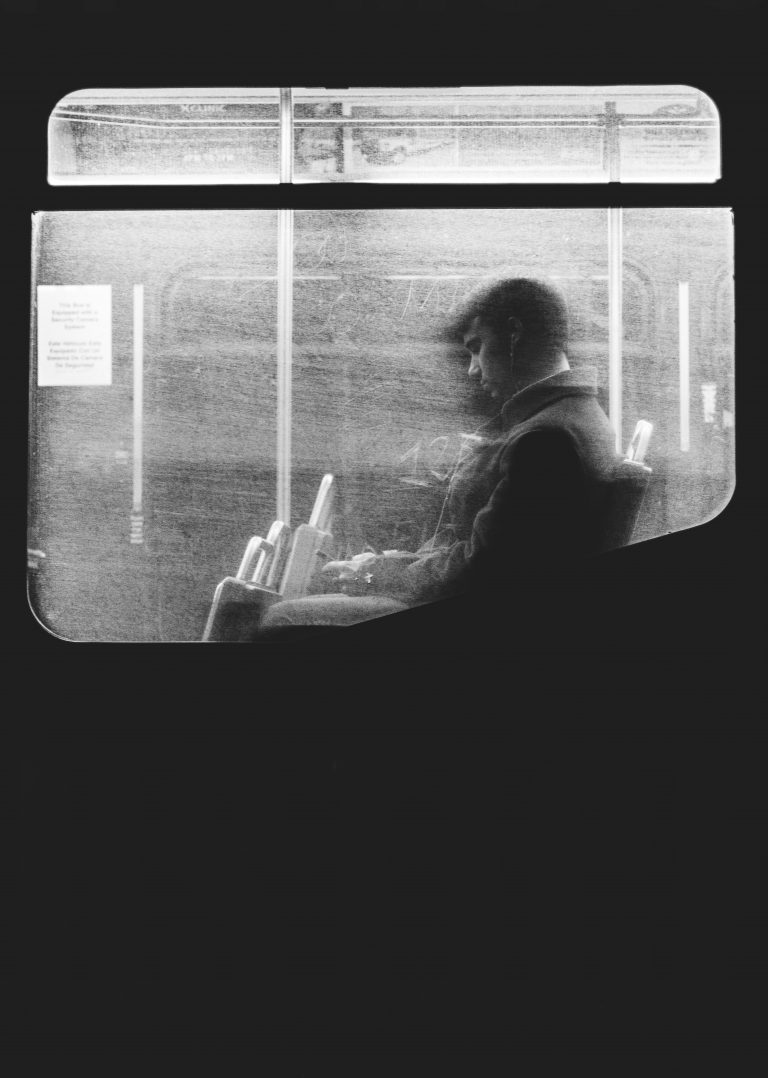The Spirituality of Resilience
As the nation mourned the deaths of nine murdered at Emanuel AME Church, the Black Lives Matter movement held its first national retreat. From around the country, activists came together in Detroit to discuss national strategy and share tools and best practices to affect change. But they were also there to help each other heal.
While the involvement of church groups and traditional religious leaders in various aspects of Black Lives Matter has been noted by news outlets, there is another spirit that animates the Black Lives Matter movement, one that has received little attention but is essential to a new generation of civil rights activists.
When you think of the #BlackLivesMatter movement in the United States, you may think of Ferguson. You may think of Baltimore. You may think of the now-iconic image of Howard University students, hands up in the air, or statements like “I Can’t Breathe.” It may be the list of hashtagged names that grows larger every 28 hours.
But something else has stood out to me. Images of a white-clad black woman burning sage across a militarized police line. Altars using sacred images and symbols from multiple faiths placed to hold space for those murdered. Events ending with prayers for the oppressed. Protests called “ceremonies” in front of Los Angeles Mayor Eric Garcetti’s house, with attendees asked to wear all white.
In June, activists posted videos from the retreat hashtagged with #blackjoy as a reprieve from the rage and sadness.
Black Lives Matter chapters and affiliated groups are expressing a type of spiritual practice that makes use of the language of health and wellness to impart meaning, heal grief and trauma, combat burn-out and encourage organizational efficiency.
An embodiment of that spirit is Patrisse Marie Cullors-Brignac. Recently dubbed one of the nation’s top civil rights leaders by Los Angeles Times, named a NAACP History Maker in 2015 and one of the three founders of #BlackLivesMatter, Cullors is a person dedicated to not only transforming how her community is treated, but how her community organizes and understands itself. She is a queer polyamorous practitioner of Ifà, a religious tradition from Nigeria, and a person many people turn to not only as a political leader but as a spiritual leader.
I sat down (virtually) with Cullors to find out about what the role of spirit is in the Black Lives Matter movement.
“I come at all my work from a deep philosophical place that [asks], what does it take for humans to live in our full humanity and allow for others to live in their full dignity?” she told me. “I don’t believe spirit is this thing that lives outside of us dictating our lives, but rather our ability to be deeply connected to something that is bigger than us. I think that is what makes our work powerful.”
Cullors grew up as a Jehovah’s Witness, but left the tradition at an early age. She watched her mother leave the fellowship several times. “At any given moment, the elders, which were all men, could decide if you were going to be disassociated from the fellowship in the Kingdom Hall,” she recalled. Such an environment left her with a deep sense of shame.
“By 12, 13, I knew that this was not the place for me, but I felt very connected to spirit. So the question became, what is the place for me?” she said. She turned to her great-grandmother, who is from the Choctaw and Blackfoot tribes, and talked to her about her great-grandfather, a medicine man. Her interest in indigenous spirituality led to Ifà.
For Cullors, spirituality saves souls.
“When you are working with people who have been directly impacted by state violence and heavy policing in our communities, it is really important that there is a connection to the spirit world,” she said. “For me, seeking spirituality had a lot to do with trying to seek understanding about my conditions — how these conditions shape me in my everyday life and how do I understand them as part of a larger fight, a fight for my life. People’s resilience, I think, is tied to their will to live, our will to survive, which is deeply spiritual.”
“The fight to save your life is a spiritual fight,” she said.
This perspective is evident in the structure of Dignity and Power Now (DPN), the grassroots organizations Cullors founded, along with many other BLM-affiliated organizations. DPN, for example, has a paid Director of Health and Wellness, a position often seen within a church but not often within a non-profit organization. Having such a position, Cullors said, is “a political choice to try to build a new way of fighting.”
“It’s not just about changing policies. It’s not just about changing lives. It’s about changing our culture and changing how we fight,” Cullors said. “We can change policies all day but if the fight to get there was full of trauma, was replicating oppressive dynamics, abusive dynamics, then what is the point?”
Organizations such as DPN and Generative Somatics have held events focused specifically on healing and spiritual well-being, from opportunities to access healing services, to intensive workshops. Cullors herself ends events with a “prayer” she recites from Assata Shakur’s Letter to the Movement:
“It is our duty to fight for freedom. It is our duty to win. We must love each other and support each other. We have nothing to lose but our chains.”
Many tell her that they are grateful for the spiritual bent of her events. “It’s tricky though,” she added. “You don’t want people to think you are going to be everyone’s end-all be-all. What we are do is providing a new vision of freedom for all, an idea of what life could be. Our little organization can’t do everything, but we can create a new model.”
And according the Cullors, the “healing justice networks” are growing. Groups are being founded, such as Harriet’s Apothecary in New York, Social Transformation Project and Black Organizing for Leadership & Dignity (BOLD), which uses somatics—a practice often used in alternative medicine and psychoptherapy—as tools to “transform” and empower leaders.
One reason for this growth may have to do with a key shift in ideology. DPN actively works to dismantle the martyr mentality, an ethic that causes many activists, humanitarian workers, community organizers and volunteers to burn out by devoting themselves almost entirely to the cause. DPN uses a language focused on self-care to advance the opposite notion — that you must take care of yourself first.
“My being alive is actually a part of the work,” Cullors explained. Even rudimentary things like eating healthy and exercising “are essentially taken from us, black folks in particular. To reclaim our bodies and our health, is a form of resistance, a form of resilience.”
While Cullors’s political prowess, devotion to community activism and critical understanding of community leadership and hashtag-avism has been featured in Essence, Ebony, the LA Times, and other publications, her dedication to radical healing, spiritual practice and self-care has not been covered. But it should be.
The influence and involvement of black religious leaders in civil rights movements in the U.S. has been well noted. The Black church, along with the Nation of Islam and notable Black Muslims, have been fundamental to political advancements in the African American community. Yet, the discussion of faith-based involvement in the black civil rights movements remains (mostly) hetero-normative and almost exclusively male.
As the black community grapples with the terrorism against it, the work of Patrisse Cullors and the Black Lives Matter movement expands the definition of “faith-based,” and offers alternate notions of faith, self-care and wellness as resistance to disrupt a martyr mentality and heal those within traumatized communities.
This article is reprinted with permission from Religion Dispatches. Follow RD on Facebook or Twitter for daily updates.

